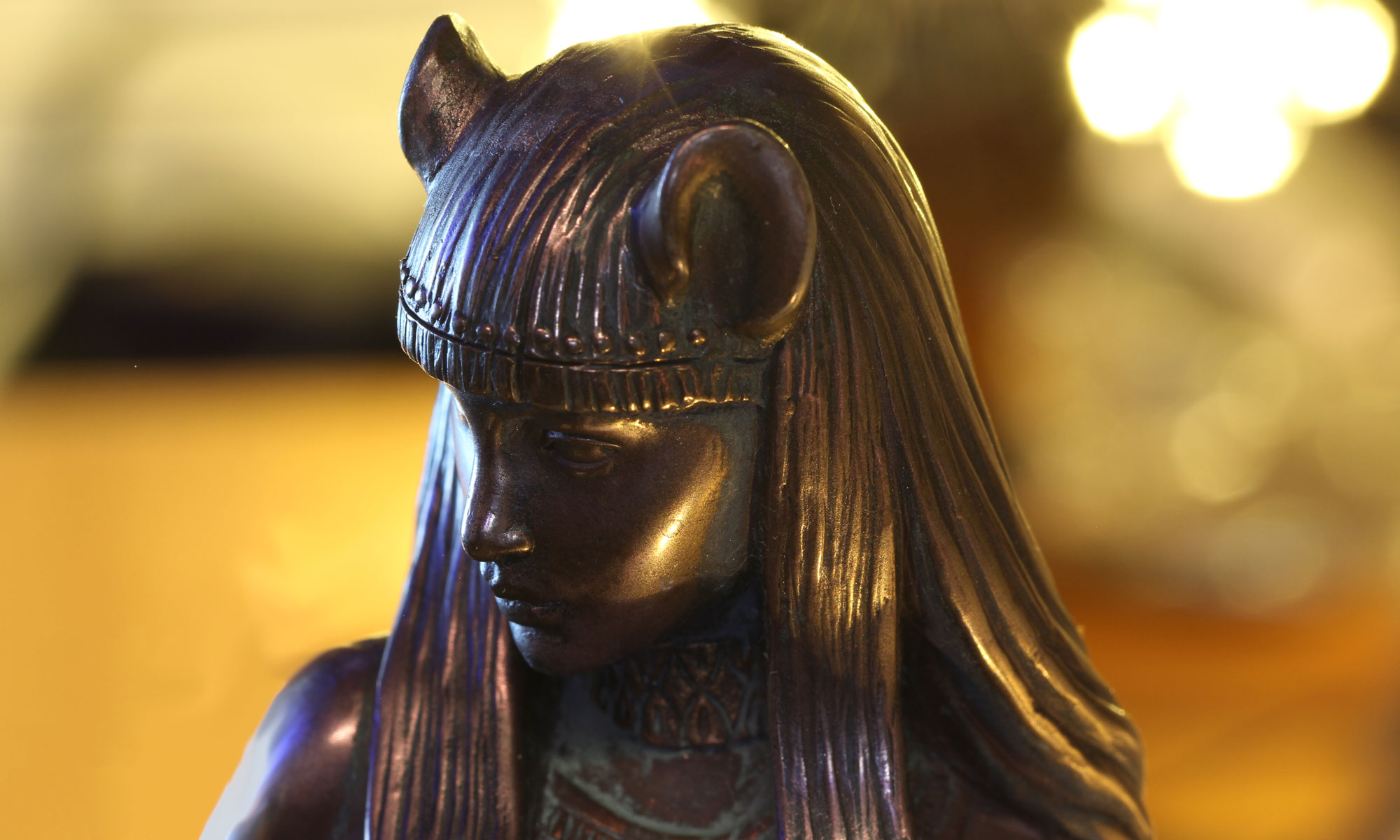Water Children
Special Film Screening at ASWM Conference
(2011; Dutch and Japanese with English subtitles.)
This hauntingly beautiful film by Aliona van der Horst explores the cycles of life and the mysteries of menstruation and fertility through women’s experiences of an art installation by pianist Tomoko Mukaiyama. The title, “Water Children,” refers to the Japanese term for children stillborn or deceased.
Recognizing that an end will come to her capacity to have children, Mukaiyama created a multimedia art project on the subject in a village in Japan. She made what she calls a cathedral, constructed out of 12,000 white silk dresses. She invites women to take a dress, wear it, stain it with menstrual blood (“moon blood”) and hang it back up. Women visiting this fabric cathedral meet here to talk about issues surrounding fertility and infertility.
“Mukaiyama’s courageous approach to a subject that remains unspoken in many cultures is explored with an elegance and sophistication that deepens our understanding of the relationship between body and mind.”
Van der Horst tells the story of Water Children from her own perspective. We also hear from other women who talk about their experiences with miscarriages, children, or thoughts about fertility and sexuality. Ultimately we see that the filmmaker herself had a powerful personal reason for making this “dreamlike, poetic film.”






You must be logged in to post a comment.